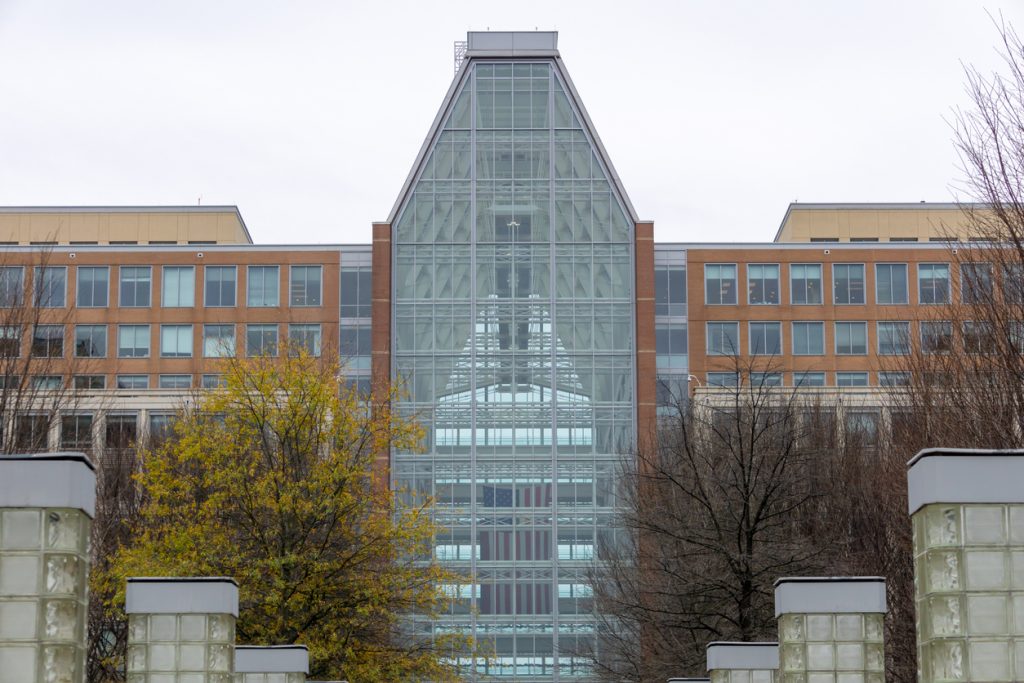Understand Your Rights. Solve Your Legal Problems


On Tuesday, the US Supreme Court ruled that the addition of “.com” to a term is sufficient to allow for the entire combination to be trademarked.
The ruling delivered a victory for Booking.com, which had been denied a federal trademark by the US Patent and Trademark Office (USPTO) on the grounds that generic names are not eligible for trademark protection. Similar requests for trademarks by websites such as Hotels.com and Lawyers.com had also been denied in the past.
However, the SCOTUS sided with lower courts, which had found that 75% of respondents in a survey believed “Booking.com” to be a distinctive brand name. Based on trademark law that existed before the advent of the internet age, a brand name is eligible for trademarking if enough people consider it to be sufficiently distinct in its entirety.
Justice Ruth Bader Ginsburg wrote in the 8-1 majority opinion: “We have no cause to deny Booking.com the same benefits Congress accorded other marks qualifying as nongeneric.”
This case also saw the first ever Supreme Court oral argument to be delivered by telephone, a result of social distancing measures altering the Court’s long-held traditional procedures.






